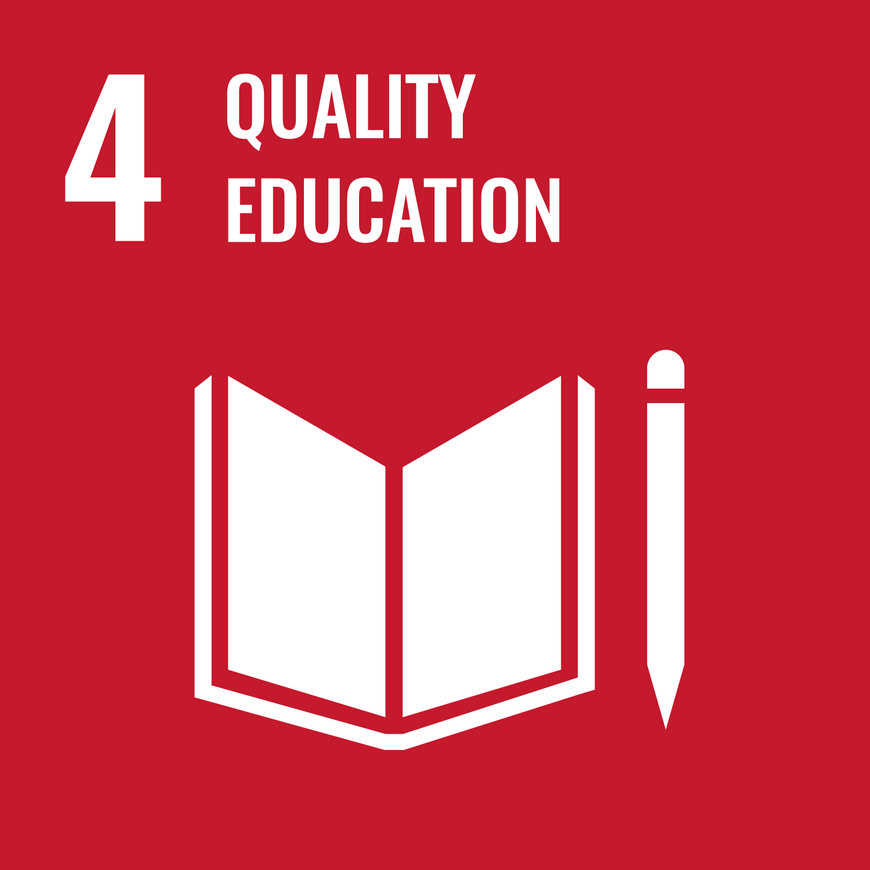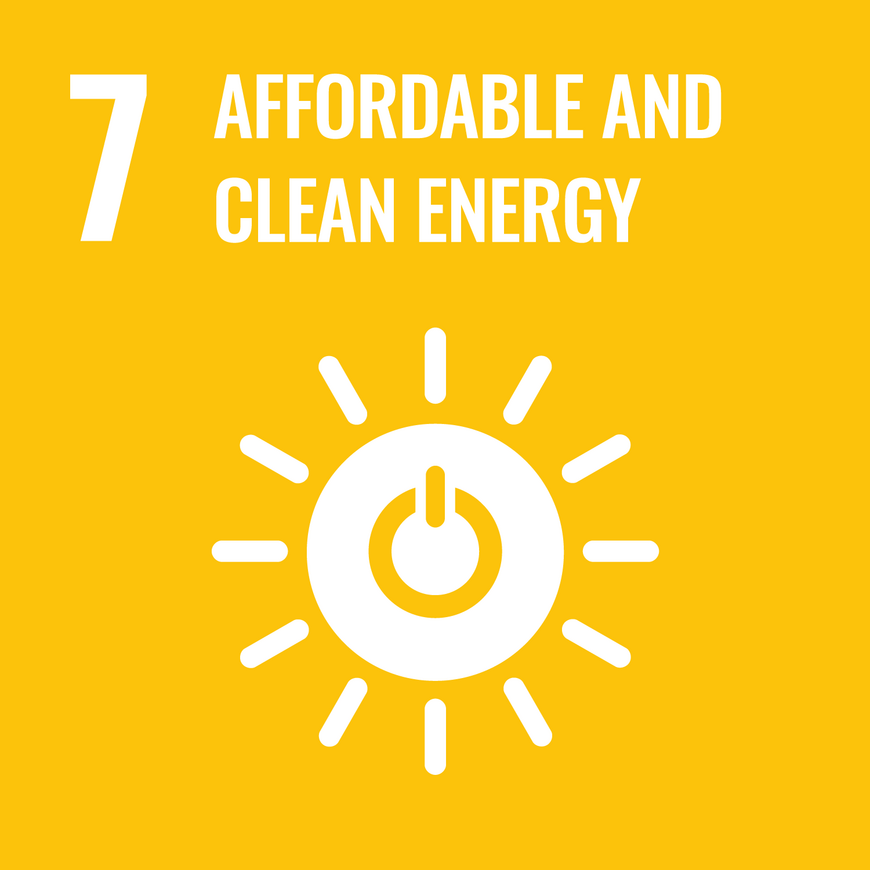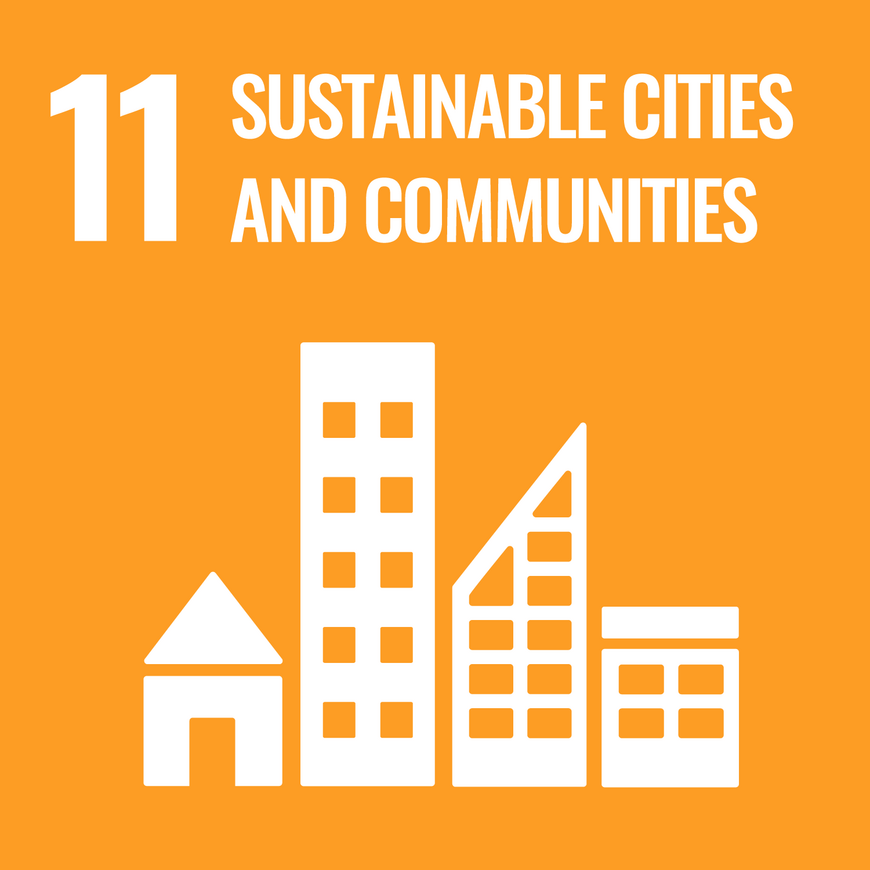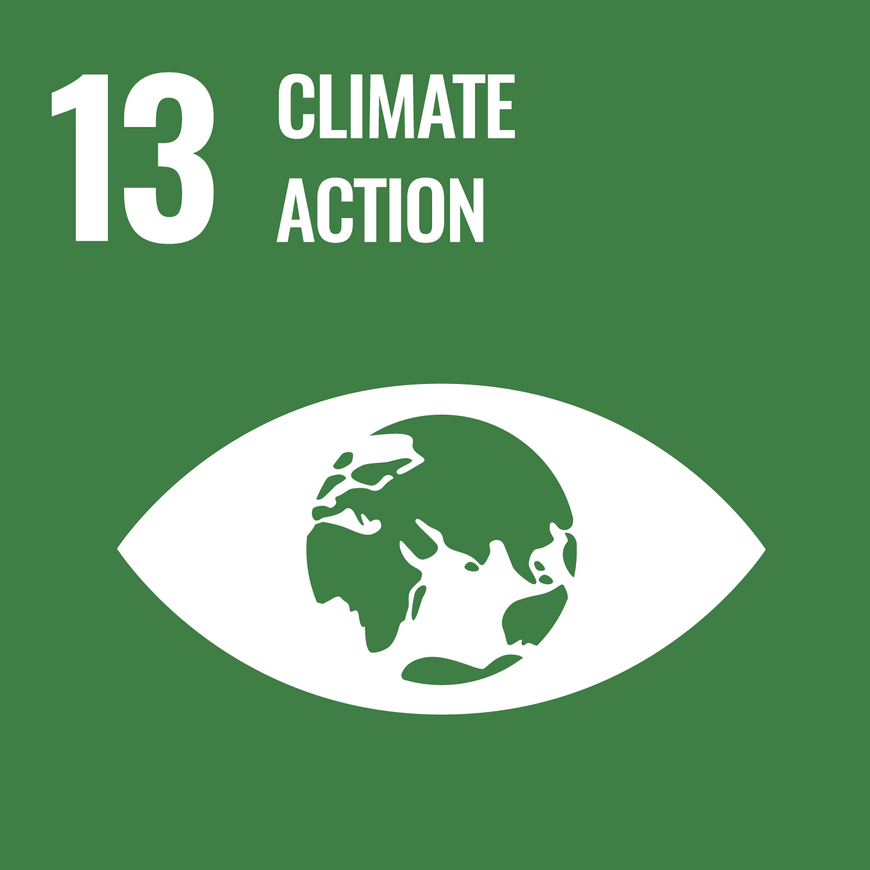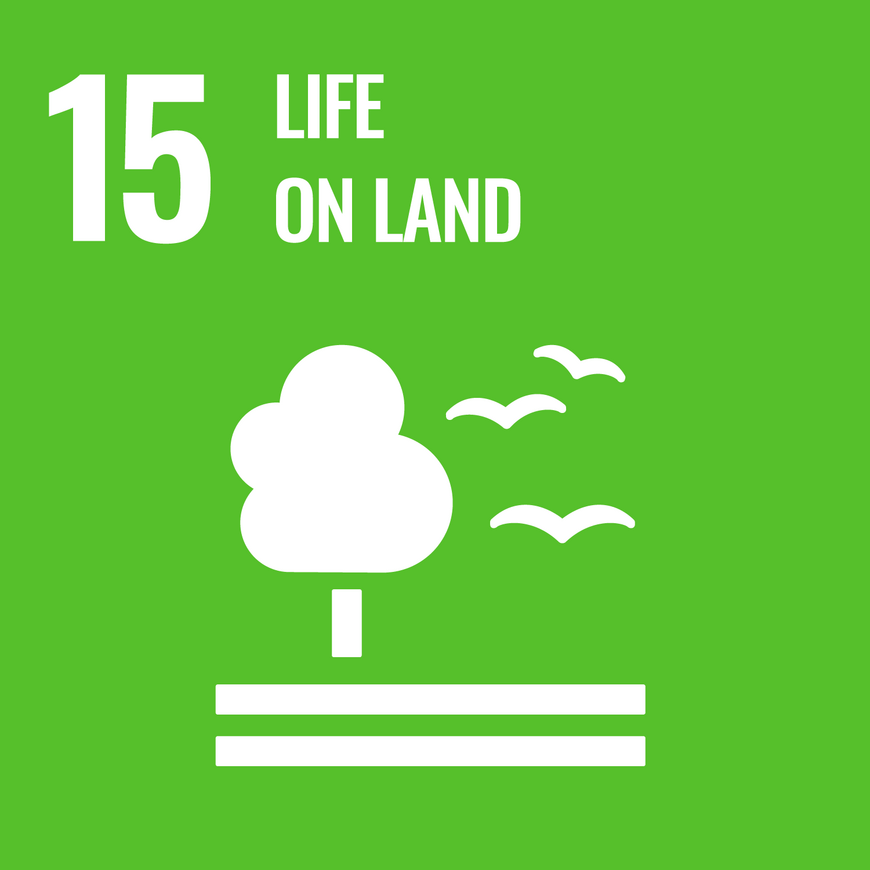Contribution to the UN Sustainable Development Goals in Department 4 Geosystems
With our research in Department 4 - Geosystems, we make diverse contributions to sustainable development, in particular to the United Nations Sustainable Development Goals #4 - Quality education, #7 - Affordable and clean energy, #11 - Sustainable cities and communities, #13 - Climate action, and #15 - Life on land.
Geothermal energy and geological storage of gases
Contribution to the UN Sustainable Development Goals #7 - Affordable and clean energy and #11 - Sustainable cities and communities
Research on geothermal energy and geological storage of gases at the GFZ provides the basis for a secure, sustainable energy supply under consistent expansion of renewable energy sources (SDG #7). Geothermal technologies in particular can make a significant contribution to the energy transformation, helping to heat and cool our cities and communities in a sustainable way (SDG #11). In addition to numerous concrete projects, recommendations for action are also being developed, such as most recently the Deep Geothermal Roadmap for Germany (German only) - a joint strategy paper by institutions of the Helmholtz Association and the Fraunhofer Gesellschaft.
Climate change and quantification of the water cycle
Contribution to the UN Sustainable Development Goals #4 - Quality education, #13 - Climat action and #15 - Life on land
In addition, we contribute to climate protection (SDG #13) and the Sustainable Development Goal "Life on Land" (SDG #15). The latter is about protecting ecosystems, maintaining system services and preserving habitats or promoting their sustainable use. Closely related to this is the water cycle. In particular, we in Department 4 are working on improved quantification of the water cycle and its changes in space and time. Examples are the projects G3P, NatRiskChange, FLOOD, SaferPlaces or the regional flood model of Germany. In this way, we aim to better understand hydrological risks and draw lessons for the management of disasters such as droughts or floods.
We study climate change and its effects in the geological and historical time scales, as well as changes in the Earth's magnetic field. The focus is on rapid climate changes that occurred in a few years to decades. Therefore, we use temporally high-resolution terrestrial geoarchives, such as year-stratified deposits in lakes and tree rings, which show very well that drastic climate changes can also occur within one human generation. We are concerned with questions such as: What are the detailed impacts of climate change on landscape and ecology, and are there possible foreshadowing of such changes? Precise dating is a basic requirement for reliable reconstructions of past changes. Our vision is to link long time series from our geoarchives with instrumental data, such as in REKLIM or PALEX, so that we can place current changes in a long-term context.
With our research on geosystem dynamics, we are developing a comprehensive, cross-scale process understanding of deformation and mass transport on and within the Earth. Our computer models can simulate developments and changes. With this knowledge, assessment and prevention of geohazards such as climate change, earthquakes, volcanic eruptions and tsunamis become possible as well as sustainable use of the geological subsurface.
Apart from that, our professors and private lecturers continuously bring up-to-date and high-quality research content into their teaching at the universities (SDG #4). We very actively participate in international exchange formats at every academic career level. We cooperate both nationally and internationally with other outstanding research institutions and are co-creators of the European Research Area.
More information about research in the sections of DEPARTMENT GEOSYSTEMS.




